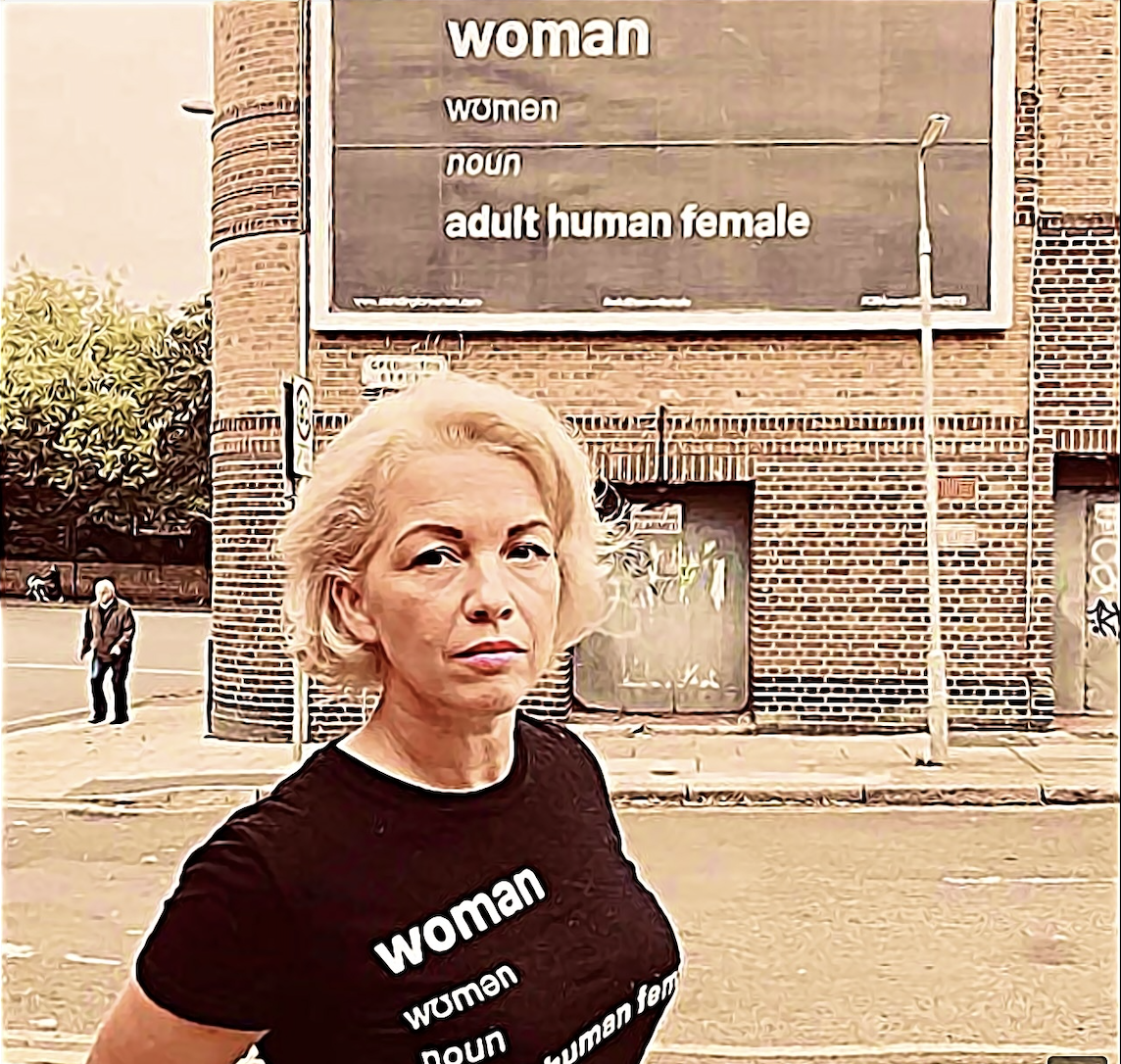OPINION
Ben Terangi
Ben Terangi is a freelance journalist writing from Milwaukee.
In an exchange that will live on in infamy, Federal Senator for South Australia Alex Antic last year asked a panel of Australia’s top medical experts representing the Department of Health one decidedly uncomplicated question, namely, What is a woman?
His question was met with awkward silence and blank stares.
The Senator pushed harder, insisting, “Department of Health. Definition of a man. Definition of a woman. Anyone?”
Finally, aware that he was the most senior health bureaucrat in the room — not to mention the nation — the department’s secretary Professor Brendan Murphy stammered, “There… look… I think there are a variety of definitions… and I think… Perhaps to give a more fulsome answer we should take that on notice.”
“You’re going to take on notice the question of what a woman is?” Senator Antic responded incredulously.
Professor Murphy, who clearly knew he would upset the woke apple cart if he aired his true thoughts on the subject, doubled down on his feigned uncertainty:
No, well there are a variety of… it’s a very… it’s a very… ah… it’s a very contested space at the moment, Senator… There are definitions in terms of how people identify themselves so we’re happy to provide our working definition on that.
The height of irony
Now, just over a year later, the same government that could not define one of the simplest biological facts in the universe is planning to hit Big Tech companies with millions of dollars in fines if they allow so-called ‘misinformation’ on their platforms.
The bill, released late last month in draft exposure form by Communications Minister Michelle Rowland, is titled the Communications Legislation Amendment (Combatting Misinformation and Disinformation) Bill 2023.
If enacted, the legislation will give the Australian Communications and Media Authority (ACMA) sweeping powers to punish social media companies that fail to police speech the government deems untrue.
And in a clause that would make even George Orwell blush, the bill specifies that “content that is authorised by the Commonwealth or a State” along with “professional news content” will be immune from those powers.
So what happens if Australian governments or mainstream news outlets — unwittingly or otherwise — were to spread misinformation via their social channels?
Australians do not need to imagine such a scenario, for they just lived through one.
Beginning in March 2020, government talking heads in every state and territory assured all Australians that Covid-19 killed indiscriminately. Amplified uncritically by the press, it was a fear campaign that continued all the way through to the vaccination rollout.
The only problem is that it wasn’t true. Even early data told us that, while the elderly and immunocompromised faced a higher risk, Covid-19 is a mild virus for nearly 100 per cent of healthy people.
Totalitarian
The same bureaucrats doubled and tripled down on lockdown policies that transferred wealth from the rich to the poor, took a steep toll on children’s education and the nation’s mental health, divided society, and wrought immense economic pain that lingers still. Studies then and now attest to these harms.
State premiers embraced border closures with reckless abandon, ruining weddings and other sacred celebrations, and separating loved ones even at their deathbeds and funerals. They promised Covid zero, an unattainable goal, and delivered only misery.
The ABC, Australia’s taxpayer-funded broadcaster, scoffed at the idea Covid-19 could have leaked from a lab at the Wuhan Institute of Virology. It was a Donald Trump conspiracy theory, they guffawed. Now even the US Director of National Intelligence has confirmed that “all agencies continue to assess that both a natural and laboratory-associated origin remain plausible hypotheses to explain the first human infection”.
More recently, the Albanese Government sold Australians the furphy that their electricity bills will be cheaper with a move towards renewable energy.
And for Aussies worried about what the ‘misinformation’ bill might mean for the Voice to Parliament, Prime Minister Albanese already claimed, during Question Time in November last year, that “there’s been a lot of misinformation already out there” about the Voice.
A chronically misinformed government wishes to censor the ‘misinformation’ of others, while granting itself immunity from the same rules. What could possibly go wrong?
To be sure, governments are right more often than they are wrong. But they are not infallible. And that is precisely why they must not grant themselves the kind of dystopian powers dreamed up in the ‘Combatting Misinformation and Disinformation’ bill.
Australians are a laid-back bunch — including when it comes to human rights and individual freedoms.
But in this case, they would do well to use their freedom of speech while they still have it.

